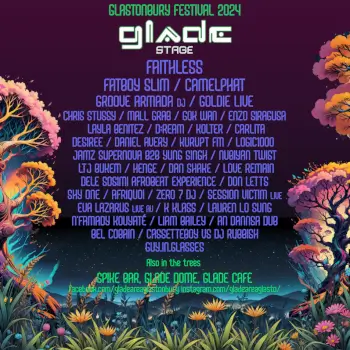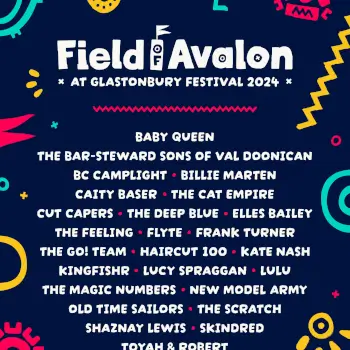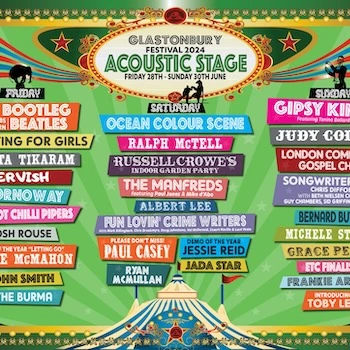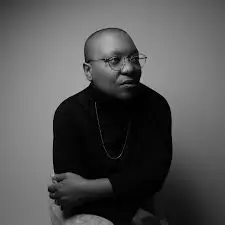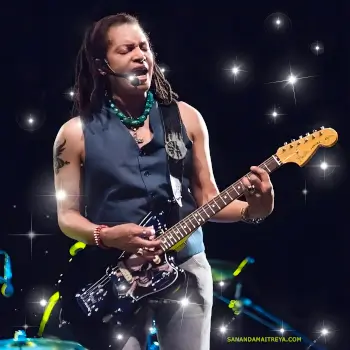
The Association of Independent Festivals (AIF) has updated a Charter of Best Practice, first launched in 2017, which is aimed at tackling sexual violence at festivals, focussing on the cause and prevention of harassment and assault.
The Charter aims to address sexual violence at festivals, and is re-launched to address the issue in 2022 and beyond. Find out more about the initiative here:
So far, 103 UK festivals have now committed to the Safer Spaces At Festivals campaign including Shambala, NASS, Reading, Latitude, Download, Leeds and Boomtown Fair.
This survivor-led approach sees festivals commit to an updated charter of best practice developed with input and guidance from experts at Rape Crisis England And Wales, Good Night Out, Safe Gigs For Women, Girls Against and UN Women.
The Charter states that all allegations of sexual harassment, assault and violence will be taken seriously, acted upon promptly and investigated. Any report of sexual violence will be treated with sensitivity and in confidence. This approach is underpinned by a commitment to clear, robust reporting and disclosure procedures, and training, including how to report incidents onsite and after the event. Festival policies will also include relevant health guidance and connections to local services.
In addition, the festivals will actively promote the principle of consent regarding sexual activity onsite at events, defining consent as “someone engaging in sexual activity if they agree by choice, and they have the freedom and capacity to make that choice” and reiterating that consent can be revoked at any time. It doesn’t matter if you are intoxicated, if you report a sexual assault, you will be listened to and offered support.
Kelly Bennaton from Rape Crisis England and Wales said: "Festival goers deserve to know that if they report sexual assault they will be listened to and believed”, that event workers are "equipped" to handle reports and that festivals are taking a "proactive approach in preventing sexual assault", she said.
In a 2018 YouGov poll, 1,188 festival goers, 22% of all festival goers reported facing assault or harassment, rising to 30% of women overall. The most common forms of harassment were unwelcome and forceful dancing and verbal sexualised harassment. Nearly half of female festival goers under 40 said they had faced unwanted sexual behaviour at a music festival. Just 2% of festival goers who were assaulted or harassed reported the incident to the police, which suggests the issue is significantly under-reported.
Festivals are generally lovely, safe spaces but if you ever do come across someone in distress, it’s worth relinquishing judgements to check on someone’s welfare, becoming an active bystander. One woman I spoke to, described her experience as a young girl, running around a festival distressed and traumatized, seeking help after a very serious sexual assault, but no one was listening because everyone thought she was just young and intoxicated. Perhaps if someone had been an active bystander and listened to her, the crime would have been reported and the perpetrator prevented from causing further harm.
The Safer Spaces Charter also aims to create a culture of respect, featuring advice on how to be an active bystander including the ‘5 D’s’ of Bystander Intervention devised by Right To Be (Direct, Delegate, Distract, Document and Delay). By following these guidelines, festival-goers may feel more empowered to intervene safely if they witness an incident or meet someone in distress.
Dr Hannah Bows, Associate Professor for criminal law from Durham University, said research has shown sexual violence is a "common experience for festival attendees - especially for women" and is "often minimised or ignored". She said it was critical for all festivals to "recognise their responsibility" and "create a cultural change" to tackle broader issues of misogyny and sexism.
Whilst the experience of serious assault at festivals may appear fairly rare, casual assault such as dancing too close, being in someone’s space, uninvited touches and name calling can be fairly common at some events, especially where there’s lots of alcohol promotion and an 18+ vibe. The very phrase, ‘casual assault’ minimises that horrendous heated experience of embarrassment, or anger, or fear, or just wishing you had a witty reproach to some offhand sexual insult which makes you feel ashamed. Casual assault can wreck your entire festival experience and can remain an unpleasant memory for life.
AIF Membership & Operations Coordinator Phoebe Rodwell said: “Festivals are microcosms of society and sexual violence is a problem that persists in our society. Our understanding and approaches to tackling the issue are evolving all the time. That’s why it’s important that we renew the Safer Spaces campaign in 2022 with up-to-date messaging, resources and practices, to prevent sexual violence and promote a survivor-led approach, helping festival organisers to fulfil their duty of care at events.”
By taking a proactive approach in preventing sexual assault, and abusive behaviour, the adoption of the Safer Spaces Charter allows all festival organisers to work towards a safer, more respectful society as a whole.
Latest Updates
 Download Festival 2024
Download Festival 2024festival details
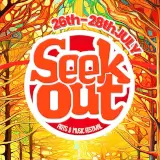 Seek Out Festival 2024
Seek Out Festival 2024festival details
 Radar Festival 2024
Radar Festival 2024festival details
 Latitude 2024
Latitude 2024festival details
 Greenbelt Festival 2024
Greenbelt Festival 2024festival details

